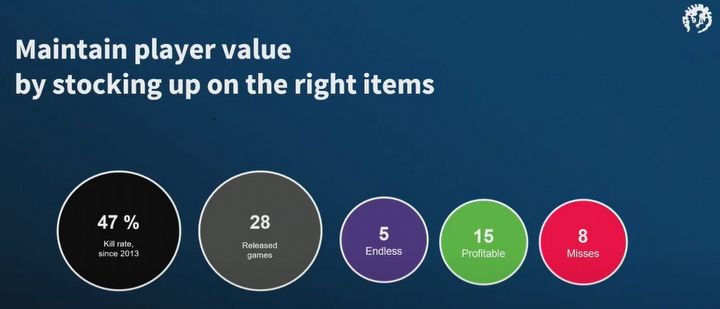Paradox Bets on 'Infinite' Games; Company Canceled Nearly Half of Projects Since 2013
Paradox Interactive's announced return to its roots is taking a bloody toll. Since 2013, almost half of the games have not gone out of development. The company prefers to focus on its „infinite” brands.
1
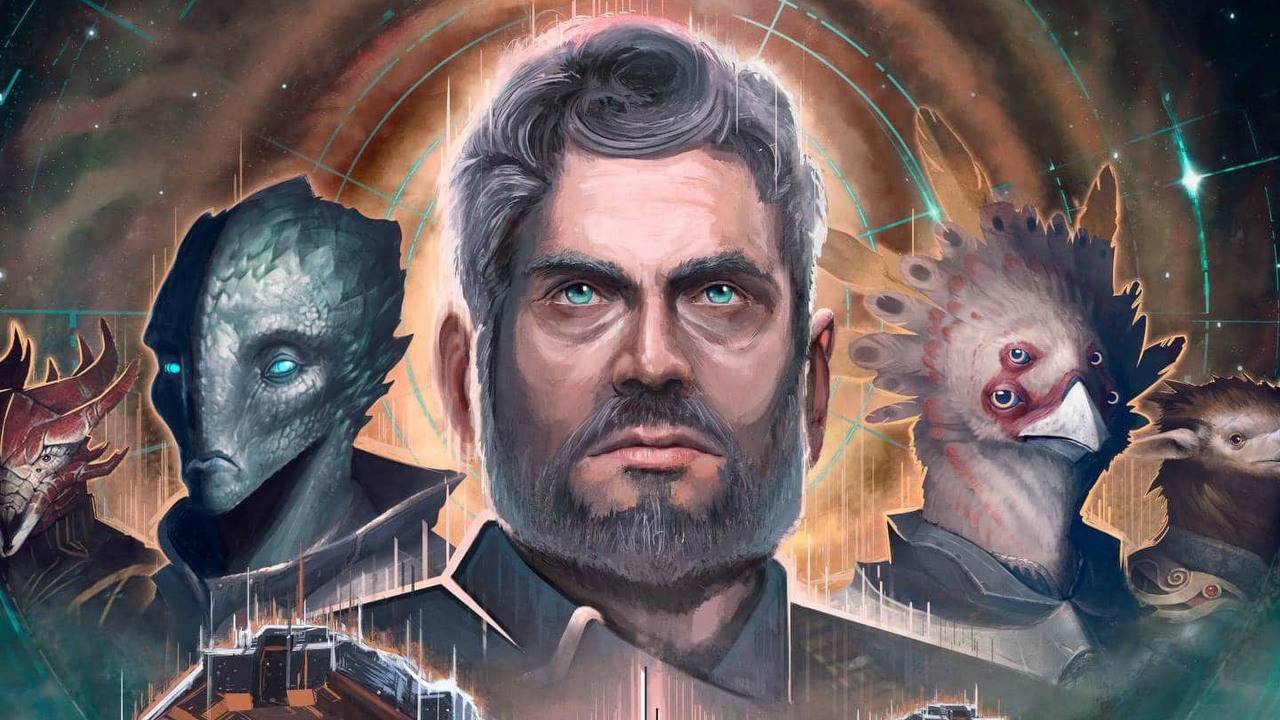
In recent months we have discussed debuts, popularity and future of game from Paradox Development Studio. Looking at the ever-growing list of DLCs and the somewhat shorter but still sizable number of sequels, one might ask: is the team even interested in new IPs?
The answer came with the recent Paradox Deep Dive presentation, as part of which Paradox Interactive made it clear that completely new games are in the plans, but the publisher is betting on proven brands. And it has good reasons for doing so.
New games set aside
The session, which lasted almost 3 hours, was an opportunity for the Swedish company to share interesting data about its games and strategy for the next few years. Frederik Wester - the founder of Paradox, who recently became the company's CEO again - mentioned, for example, the three pillars on which the publisher's plans are based:
- focusing on core brands and developing already released games by adding "value for players" (read: content);
- "expanding" existing IPs and creating new IPs by successful studios;
- seeking out promising games from small developers (as was the case with Cities: Skylines) and publishing them under the Paradox Arc banner.
At first glance, there is nothing unusual here. One might even say that Paradox fits the standard (if not stereotypical) policy of modern publishers: to bet on series that can boast successes, but also keep an eye on (potential) hits from independent studios.
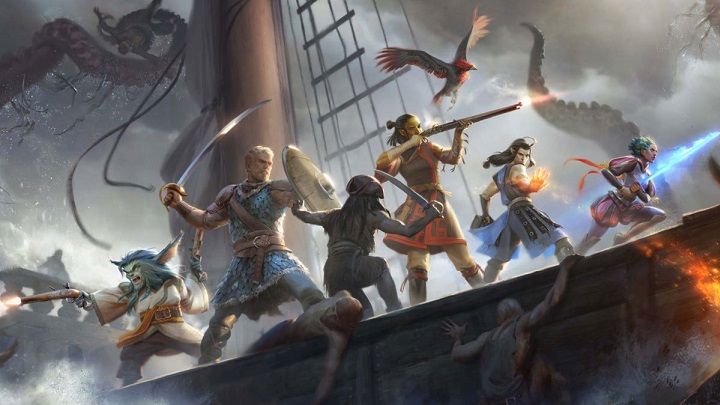
However, the devil is in the details. Yes, Paradox invests about $6-9 million a year in Paradox Arc. Except that 60-80% of the titles developed under this initiative are canceled (it was not specified whether this also includes games abandoned after release).
Only the most promising projects can count on further development, and Paradox Arc remains, according to Wester, somewhat on the sidelines of Paradox's activities. In total, since 2013 Paradox Interactive has canceled 47% of games in development (including a dozen in October 2021). This has also translated into closed studios, including Paradox's branches in the cities of Umea and Malmo (via Game Developer).
Pillars of Eternity and Paradox's other "misses"
The most important criterion by which the company measures the success of its games (besides, of course, profit) is the monthly number of active players (Monthly Active Users, or MAU for short) over the long term. It is mainly on this basis that Paradox found that of the 28 games released since 2013, 20 were successful and eight were "misses."
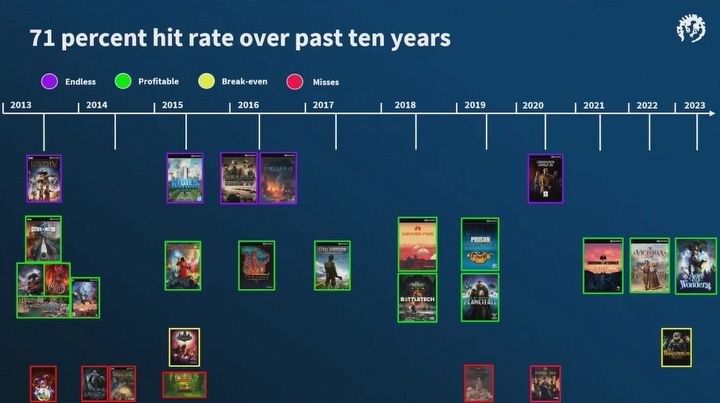
This is what Paradox's successes (and failures) look like over the past decade.Source: Paradox Interactive.
Basically, the company divides its games into four categories: infinite, profitable, "breaking even" and "misses." Three of these probably don't need to be explained, and the first refers to titles that are developed for years, not to say: indefinitely.
- It is worth mentioning at this point that Paradox does not consider breaking even a success. Thus the otherwise successful the first Pillars of Eternity and the Shadowrun trilogy from Harebrained Schemes are considered failures, as they only paid back what the publisher invested.
- Undisputed misses included Emperor: Rome, Empire of Sin and Knights of Pen & Paper 2.
The power of DLCs and Paradox's biggest series
Regarding "infinite" games: Alexander Bricca, Paradox's chief financial officer, pointed out that the publisher's five biggest brands - Stellaris, Hearts of Iron, Cities: Skylines, Europa Universalis and Crusader Kings - are the main drivers of the company's growth (and profits).
- From 2016 to 2022, revenues from these games (plus Victoria III) grew from $50 million to $152 million.
- Bricca also pointed out that only one of these five brands lived to see a sequel during that time. True, Crusader Kings III attracted numerous players, but even after excluding it and Victoria 3 the revenues of the other four "infinite" brands rose from $44 million to $103 million in the same period.
That's why Paradox is emphasizing its core series, and it's manifesting itself not only in the form of more updates and DLCs. The subscription program for the company's selected games is doing quite well, although it has not been very successful (about 100,000 subscribers per month across all titles by the end of March 2023).
Nevertheless, it's another step to attract new players, who so far may have been put off by the huge number of DLCs. Especially in the case of Europa Universalis IV, the "complete" edition of which is a considerable expense.
Speaking of DLCs: Paradox also showed graphs illustrating how numerous DLCs actually affect a game's sales using an unnamed title as an example. Not that a proof of the effectiveness of this strategy is needed, but it's always official confirmation that each new expansion (or content pack) increases sales not only of the base game, but also of each previous expansion.
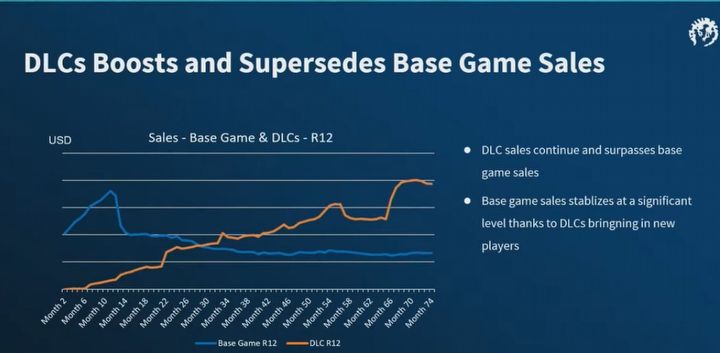
If anyone else wanted to ask why Paradox relies on DLC instead of new games....Source: Paradox Interactive.
In this context, it's hardly surprising that Paradox Interactive prefers to bet on the development of its biggest hits instead of taking risks with sequels or completely new projects. At least Cities: Skylines players will get a true sequel.
- „I feel like I'm reading this apology for the sixth time.” Crusader Kings 3 players angry about Paradox's latest slip-up
- Biggest DLC in Paradox's history is coming. Crusader Kings 3: All Under Heaven gets a surprisingly close release date
- Paradox promises fans that the new Crusader Kings 3 DLC will launch without issues
1

Author: Jacob Blazewicz
Graduated with a master's degree in Polish Studies from the University of Warsaw with a thesis dedicated to this very subject. Started his adventure with gamepressure.com in 2015, writing in the Newsroom and later also in the film and technology sections (also contributed to the Encyclopedia). Interested in video games (and not only video games) for years. He began with platform games and, to this day, remains a big fan of them (including Metroidvania). Also shows interest in card games (including paper), fighting games, soulslikes, and basically everything about games as such. Marvels at pixelated characters from games dating back to the time of the Game Boy (if not older).
Latest News
- Elite Mod lets you play the Tau faction in Warhammer 40K: Dawn of War 2
- Huge Marvel Adventures mod now with new superheroes, including Sentry
- Butcher's Summit, an impressive free diselpunk FPS, has been released
- Free FPS on Half Life engine gets big update
- On February 3, gaming history could change forever. Red Dead Redemption 2 one step away from a major achievement
